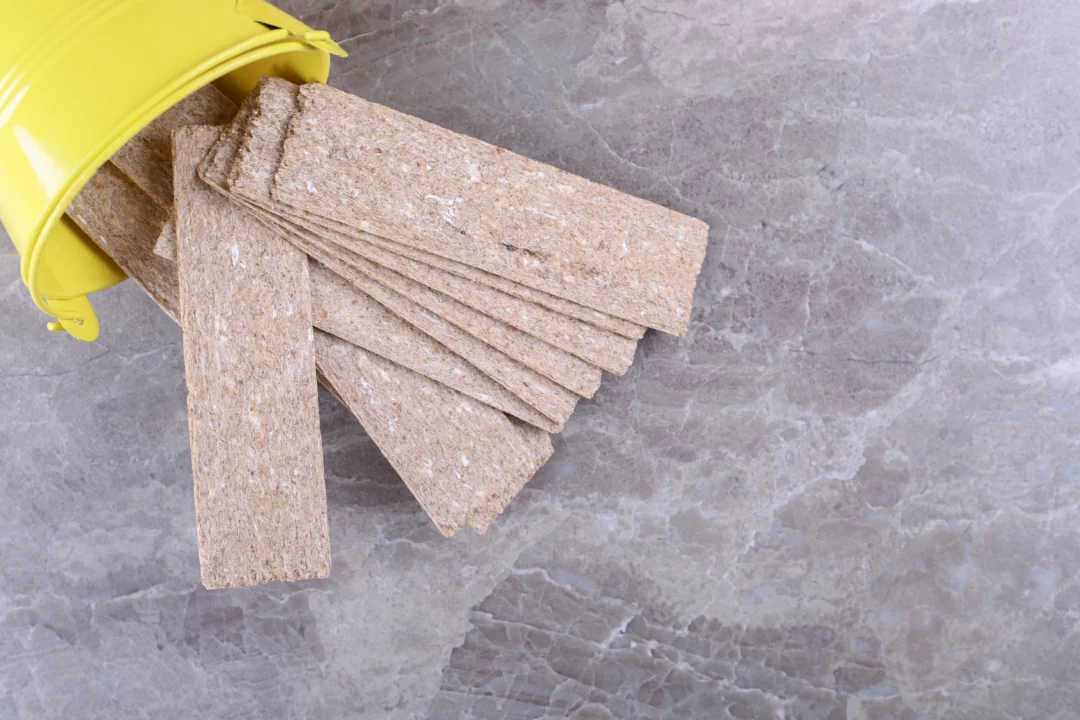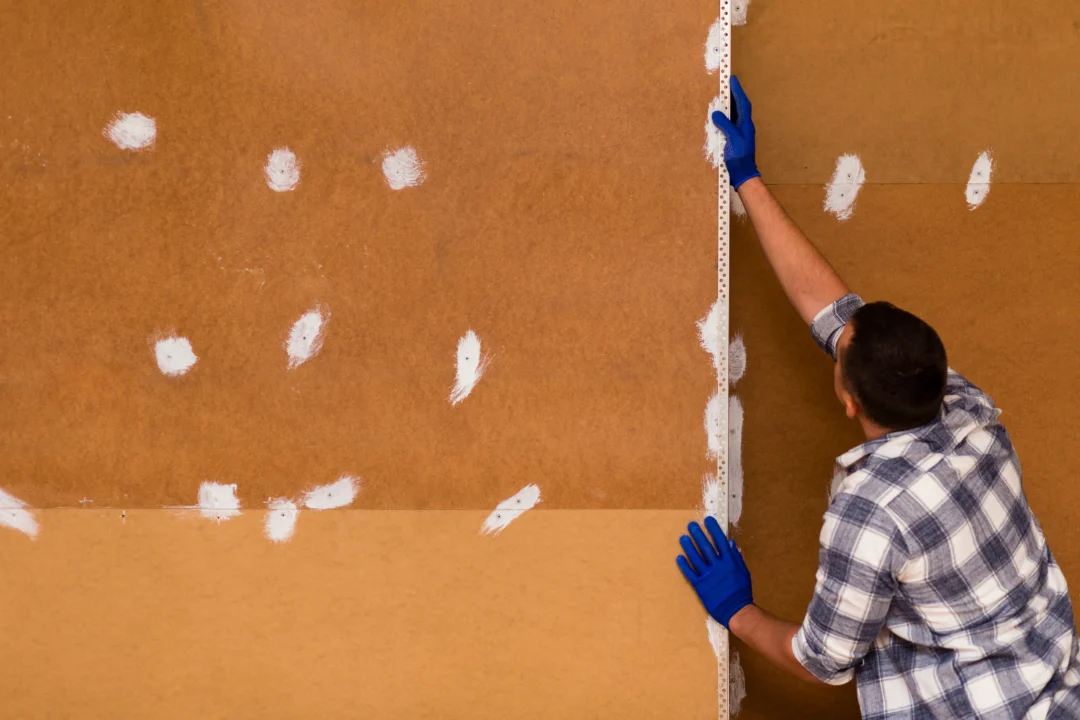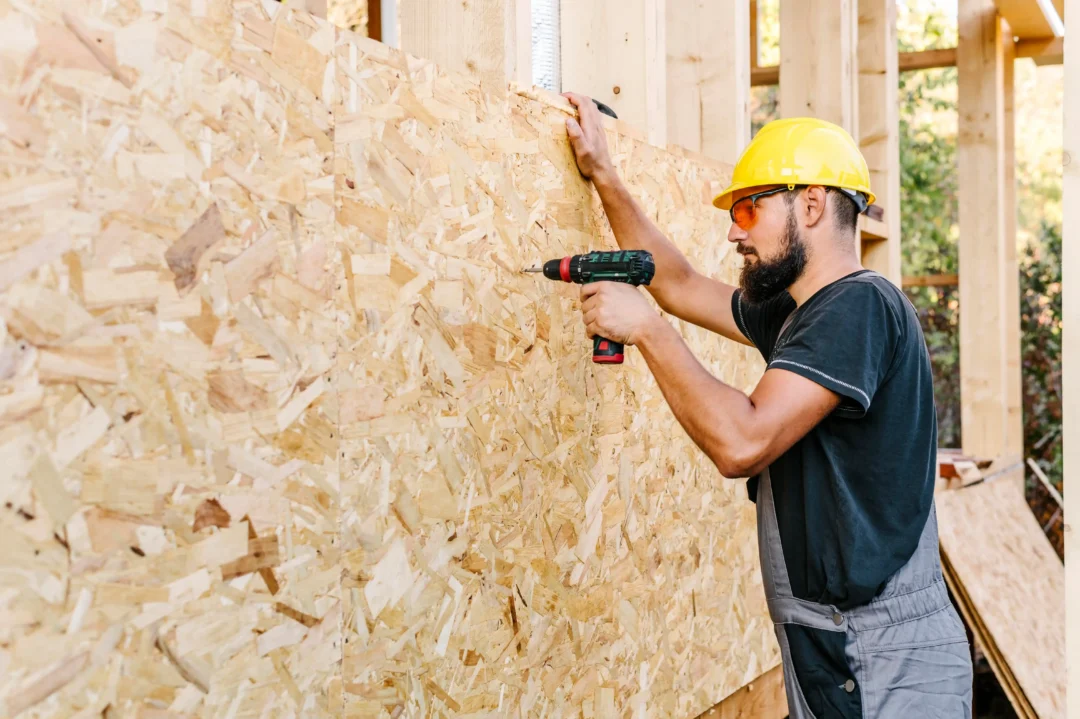
The United Arab Emirates (UAE) has positioned itself as a global leader in the less energy consuming sustainable construction and building practices. Dubai and Ajman are some of the cities that are urbanizing rapidly and hence the increased imperative in the use of high-performance and eco-friendly insulation material in the construction of infrastructures. Amongst a myriad of solutions, rockwool insulation UAE has now been chosen as a solution of choice due to its longevity, resistance to fire and sustainability profile. This insulation and ISO certification UAE do not only reinforce the local requirements, but it is also aligned to global sustainability goals.
Material performance and certification is a long term assurance to companies that aspire to be compliant and credible. There are qualified testing and certification agencies such as METS Lab that will monitor the quality of the resources used during construction.
The Sustainability Imperative in UAE Construction
Sustainability in building is not a choice anymore, it is a requirement. Under the UAE Net Zero 2050 strategy, the UAE has pushed itself to work on ambitious goals that focus on decreasing the carbon footprint of buildings. In places like Dubai where high-rise buildings are the order of the day, insulation material is very vital in conserving energy. Rockwool insulation UAE provides excellent thermal efficiency, reducing the need for excessive air conditioning, which is a major energy consumer in the UAE climate.
Coupled with energy efficiency is sustainability to waste minimization and performance of the life cycle. Rockwool products are recyclable, ensuring that insulation materials can be reused at the end of their service life. In order to confirm such claims on sustainability, ISO certification UAE is a benchmark that is globally recognized. Certification information with regard to construction is available via METS Lab accreditation services.

Why Rockwool Insulation is the Preferred Material
Rockwool is a natural rock that is produced using recycled materials thus is naturally sustainable. Its functionality goes further than thermal efficiency, it also offers a better fire resistance and acoustic insulation that is critical in densely populated urban areas such as the industrial areas of Ajman or the commercial areas of Dubai.
The other significant benefit is that it can withstand extreme temperatures. With the UAE’s harsh desert climate, insulation material is required to maintain structural integrity while providing consistent performance. Rockwool insulation UAE has proven to meet these demands effectively, positioning it as a reliable choice for both residential and commercial projects. The acoustic and soundproofing services offered by METS Lab can be used to gain more information about the applications.
ISO Certification: Building Trust and Compliance
Although performance is important, the ability to conform to accepted standards is also significant. The ISO certification UAE guarantees that insulation materials are internationally safe, perform and sustainable. To the contractors, the developers and the regulatory authorities, certification will serve as a guarantee that the products chosen are in line with the local regulations as well as international standards.
Examples are: ISO 9001 and ISO 14001 which deal with quality management and environmental responsibility. These certifications are particularly relevant to insulation material, as they reflect a manufacturer’s commitment to consistent quality and eco-friendly processes. Project managers in Ajman or Dubai choosing an ISO-certified rockwool insulation UAE reduces the risks and provides a hassle-free passage through authorities.
Local Context: Ajman, Dubai, and the Wider UAE
The mid-scale residential and commercial projects in Urban development in Ajman have experienced gradual increase in residential housing and commercial real estate development where cost effectiveness and compliance are the controlling factors in the selection of building materials. Rockwool insulation UAE has been widely adopted here for its affordability and ISO-certified reliability. The grand projects in Dubai like smart cities and sustainable districts require high-standard insulation material with low environmental effects but high quality in world standards.
Additionally, policy frameworks within the UAE also focus on the adherence to the sustainability standards. The ISO certification UAE falls in line with these frameworks and therefore there is consistency within the municipalities and the projects within the UAE can maintain global competitiveness. As a result, rockwool insulation UAE continues to gain traction, especially in projects that must balance cost, compliance, and sustainability.

Global Relevance of UAE’s Approach
Although the UAE is a specific country with dissimilar conditions related to climate and urbanization, the postulates of sustainable insulation material can be used worldwide. The same challenges are encountered by countries worldwide in their effort to minimize the use of energy in buildings and occupants safety. The UAE is leading the way by employing such solutions as rockwool insulation UAE and incorporating the ISO certification UAE, and it can be adopted elsewhere.
This approach also favors international investors and developers in the UAE. Projects that use rockwool insulation UAE guarantee compliance with both local standards and international expectations, reducing the need for re-validation across different markets.
The three areas of UAE construction convergence have transformed the sustainability goals, material performance, and certification standards. Rockwool insulation UAE, with its natural durability and energy efficiency, has become the preferred choice for meeting both local and global sustainability objectives.
Metes and certifiers like METS Lab are also central to compliance checks and the direction of industry practices. For stakeholders in the UAE’s construction sector, integrating ISO-certified rockwool insulation UAE is not just a sustainable option–it is a strategic decision for the future of building design.








No comment yet, add your voice below!